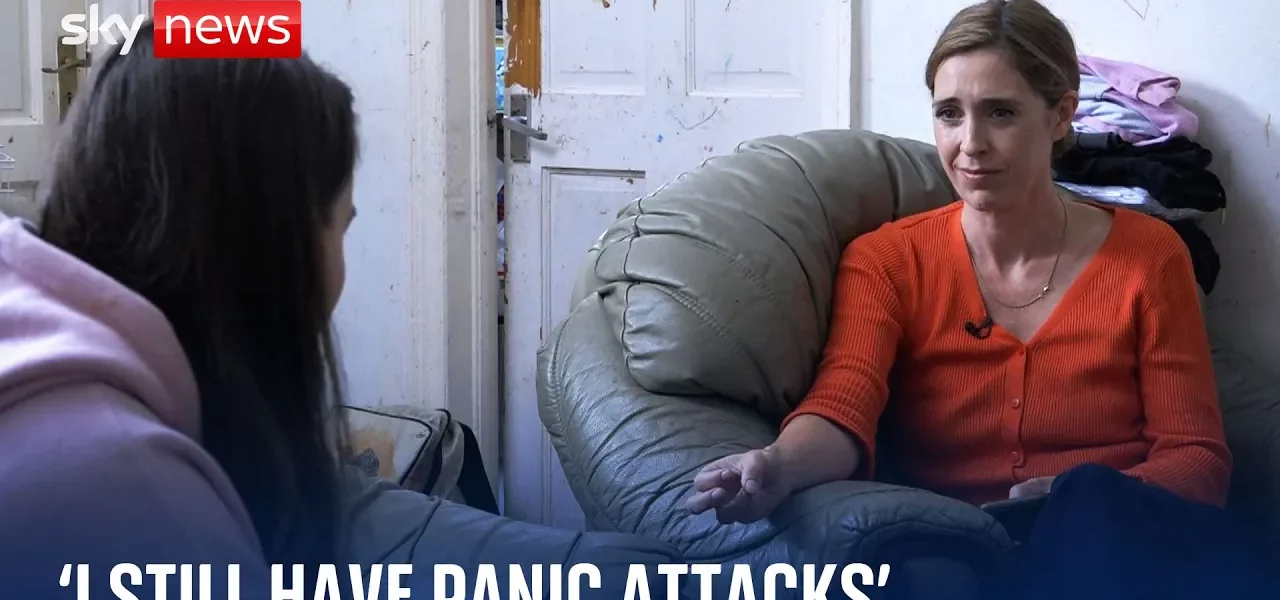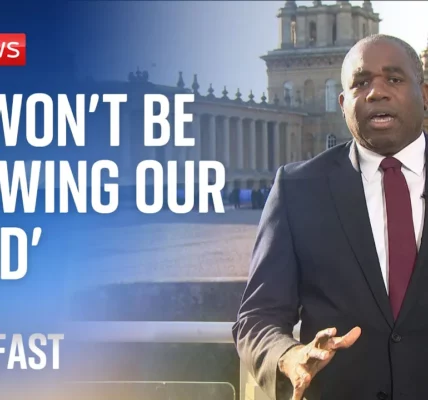The Struggles of a Disabled Mom Facing TV License Prosecution

This article delves into the harrowing experience of a disabled mother who faced criminal prosecution for non-payment of a TV license, shedding light on systemic issues within the UK’s television licensing enforcement and the broader implications for vulnerable individuals.
Introduction
The story of CLA, a disabled mother of two, reveals the complexities and challenges faced by many in similar situations regarding the enforcement of TV license fees in the UK. Having been subjected to financial control by her ex-partner, CLA found herself in a precarious position after he was jailed for domestic violence. With mounting pressures and scant resources, the reality of facing a prosecution for non-payment of a TV license became an overwhelming burden, reflecting systemic flaws in the justice and welfare systems.
The Reality of Domestic Control and Financial Abuse
Financial abuse is a prevalent yet often overlooked form of domestic violence that can leave victims vulnerable and powerless. In the case of CLA:
- Her ex-partner controlled their finances, leading to a lack of awareness about unpaid bills.
- Following his incarceration, she was confronted with legal repercussions due to circumstances beyond her control.
- CLA’s inability to afford the necessary paperwork to prove her situation further exacerbated her plight.
This situation highlights the critical need for better protections for individuals who are victims of domestic violence, ensuring they are not further victimized by legal systems that do not take their circumstances into account.
The Pressures of Legal Prosecution
The pressure to respond to legal notices can be overwhelming, particularly for those already facing significant life challenges. CLA received a letter threatening prosecution for non-payment of the TV license, leaving her feeling trapped:
- She had only 21 days to respond to the prosecution notice.
- Fearing imprisonment, she felt compelled to plead guilty despite the circumstances.
- The anxiety and fear of potential imprisonment loomed large, especially as a single mother.
Such scenarios underscore the urgency for reform in how TV license disputes are handled, particularly for vulnerable populations.
The Single Justice Procedure: A Flawed System
The Single Justice Procedure (SJP) is designed to expedite the adjudication of minor offenses, including TV license prosecutions. However, this system has been criticized for its lack of fairness:
Key Issues with the SJP
- Approximately 31,000 individuals were prosecuted last year, with over 73% being women.
- Cases are often processed in private by a single magistrate, which can lead to a lack of transparency.
- Defendant letters and pleas frequently go unread, denying individuals a fair opportunity to present their circumstances.
The magistrates themselves have acknowledged the flaws within this system, advocating for a review process that allows for all pleas and mitigations to be considered before cases reach a decision.
The Debate on Decriminalizing TV License Fees
Amidst ongoing discussions about the sustainability of the TV licensing model, the implications of criminalizing non-payment have come under scrutiny:
Current Developments
- Various reviews have explored the decriminalization of non-payment but have yielded little change.
- Recent claims about potential policy shifts regarding license fee prosecutions remain unconfirmed.
- The government has indicated it will consult widely before any decisions are made regarding enforcement changes.
This ongoing debate highlights the need for a reevaluation of how the TV licensing system functions, particularly in light of the significant number of households opting out of the fee.
Conclusion
CLA’s experience sheds light on the broader issues of financial abuse, legal pressures, and the challenges faced by vulnerable individuals in society. The current system for handling TV license non-payment prosecutions raises important questions about fairness and justice. As discussions about reform continue, it is crucial for stakeholders to consider the human impact of these legal processes, ensuring that no one faces criminalization for circumstances beyond their control. We encourage readers to stay informed and advocate for changes that protect the rights and dignity of all individuals in similar situations. For more insights on related topics, explore our articles on domestic violence and financial abuse.
“`




